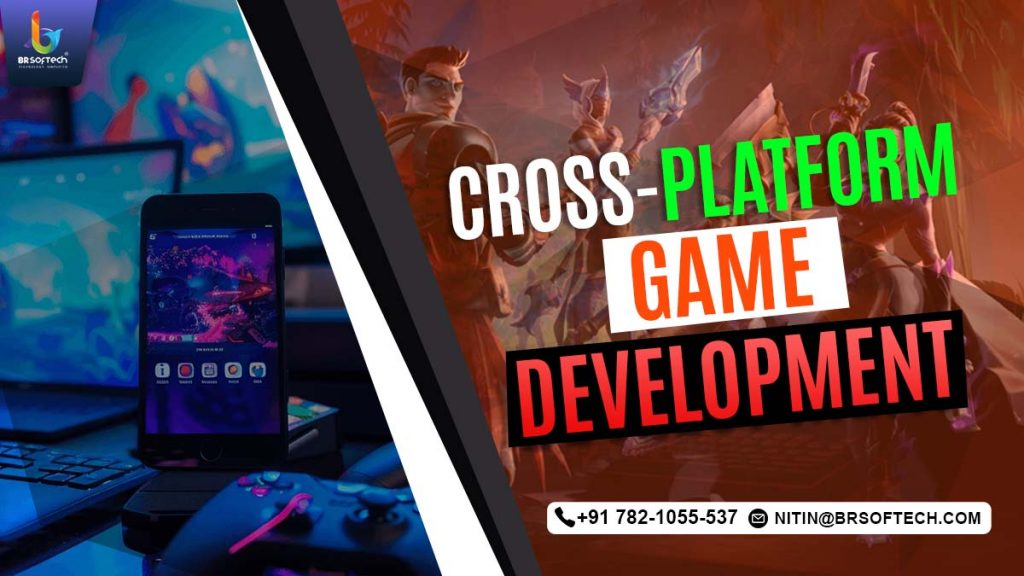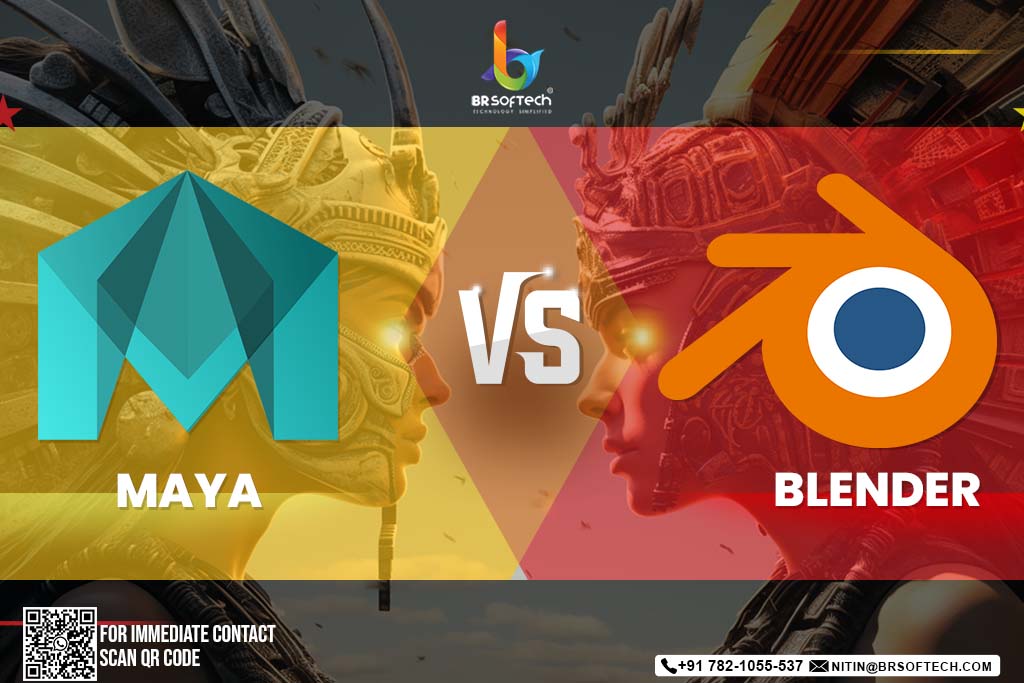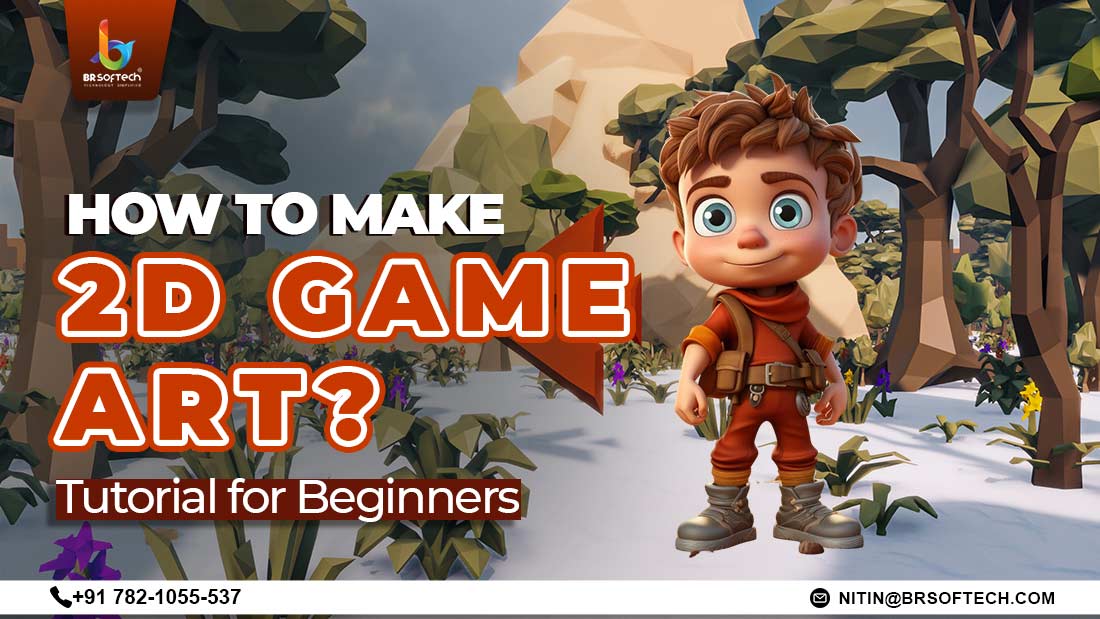Gone are the days when each game was specifically designed for different platforms. Now with the advent of technology, most games support cross-platform. These games are gaining more popularity than the game that supports a single platform. Are you a fierce gamer for whom gaming is more than just a pastime? If yes, then this blog is for you.
In this blog, you will explore how cross-platform became a cornerstone in the gaming industry, how it became a game changer, its benefits, and more. So let’s start digging into this blog in deep.
The Evolution of Cross-Platform Gaming
Cross-platform gaming has evolved massively over the years, blurring the line between players and devices. Initially, the games supported only single platforms, with console, PC, and mobile players separated by hardware limitations and corporate interests. However, the rise of online gaming and the demand for seamless multiplayer experiences led to a shift in the industry.
Earlier, only a few games allowed players on different systems to play together, like between PC and consoles. But as technology got better, big companies like Microsoft, Sony, and Nintendo started supporting cross-play. Now popular games like Fortnite, Minecraft, and Call of Duty let people play on PCs, consoles, and even mobile phones together in the same matches. Let’s get to know the importance of Cross-platform game development below.
Key Benefits of Cross-Platform Game Development
There are several benefits the entrepreneurs can get to know in cross-platform game development. These benefits are:
Unified Gaming Communities
It is one of the biggest advantages of cross-platform as it allows players to connect and play regardless of the device they use. In the past, gaming communities were divided by hardware limitations, with PlayStation, Xbox, PC, and mobile players restricted to their ecosystems. Cross-platform development breaks these barriers, enabling seamless multiplayer experiences across different devices. This fosters stronger, more inclusive gaming communities where friends can play together no matter what system they own. As a result, gaming becomes more social and accessible, making it easier for developers to build long-term player engagement.
Cost-Effective Development
Creating a game for multiple platforms results in creating separate versions of the game which might require more resources, cost, time, and more. Here cross-platform game development is much cheaper than the single-game platform. As cross-platform game development allows developers to create a game in a single code base.
Wider Audience Reach
There are great chances of a game that supports multiple platforms to attract a larger audience. Nowadays games have become limitless, and the games that support cross-platform have the potential to cater wider audience and diverse demographics.
Future-Proofing
With the evolution of technology, new gaming devices and platforms are introduced in the gaming market regularly. Cross-platform compatibility ensures that players remain relevant and adaptable to future hardware and software updates. This longevity helps developers maintain their player base over time without needing to overhaul the game for every new technological advancement.
Related: Future of HTML5 Game Development
Technologies Driving Cross-Platform Success
Technologies like game engines, cloud gaming, HTML and web technologies, and blockchain web3 are responsible for the success of cross-platform. Below let’s understand all these technologies in detail.
Game Engines
Trending and popular game engines like Unity and Unreal make it easier for developers to create games that work on different devices. These engines are filled with powerful and useful tools that help developers create high-quality, realistic, dynamic, and smooth gameplay. As they support multiple platforms, developers can build a game once and release it on consoles, PCs, and mobile devices without starting from scratch.
Cloud Gaming
Have you ever played games without any heavy hardware? This is possible with cloud gaming services like NVIDIA GeForce Now and Xbox Cloud gaming. With these services, players can enjoy high-quality games without the need for heavy hardware. Even low-end devices, like older computers or smartphones, can run big, demanding games with ease.
HTML5 and Web Technologies
Gaming becomes more convenient when these two technologies are included, as these technologies help developers create games that can run directly in a web browser. These technologies eliminate the need for game downloads or special software. These games are lightweight, easy to access, and work across different platforms, making them trending for casual gaming.
Blockchain and Web3
Blockchain technology has brought a new trend in gaming, where players can transfer their in-game assets across different platforms. With Web3-powered games, players can buy, sell, and trade digital items like weapons, skins, or characters securely. This new level of interoperability is helping to create a decentralized gaming ecosystem where assets and progress are not tied to a single game or company.
Emerging Trends in 2025
In the future, you are going to witness different and amazing trends. These trends are AI-assisted game development, Cross-Platform Esports, Metaverse Integration, and Sustainability and there could be more. Let’s get to know all these trends in detail.
Related: Mobile Game Development Trends
AI-Assisted Development
As we all know Artificial intelligence is going to make game development very easy, cost-effective, and much faster. AI-powered tools help to detect and fix bugs, they also help to create game assets and optimize games for different platforms automatically. This allows developers to focus more on creativity while reducing manual work and development time.
Cross-Platform Esports
Competitive gaming is evolving to support cross-platform play, allowing esports players to compete using their preferred devices, whether it’s a PC, console, or even mobile. This inclusivity is expanding the esports scene, making it more accessible to a wide audience, and bringing more players from different backgrounds.
Metaverse Integration
Cross-platform is the key component in the metaverse gaming. Here players can socialize, explore, and interact beyond gaming. These interconnected digital spaces allow users to switch between games and virtual environments seamlessly, blurring the lines between entertainment and social interaction.
Sustainability in Gaming
As the gaming industry is growing, developers are focusing more on environmentally friendly games. They are using energy-efficient technologies, optimizing game performance to consume less power, and leveraging cloud gaming to reduce the need for high-powered gaming hardware. These efforts help lower the overall carbon footprint of gaming.
How Businesses Can Capitalize on Cross-Platform Development
Cross-platform game development is a powerful strategy for businesses to grow their market reach and revenue. By optimizing games for various devices, companies can attract both casual and hardcore gamers while leveraging analytics to refine user experiences and identify new opportunities. Partnering with cloud gaming platforms like Google Stadia and PlayStation Now ensures wider accessibility, while investing in Web3 and blockchain allows players to own and trade digital assets across platforms.
Additionally, upcoming trends like AI-assisted development, cross-platform esports, and metaverse integration are shaping the future of gaming, offering businesses new ways to engage players. Sustainability is also becoming a priority, with developers adopting energy-efficient technologies to reduce the industry’s carbon footprint. As technology evolves, businesses that embrace cross-platform development will stay off the curve, reaching larger audiences and driving innovation in gaming.
Wrapping Up
Cross-platform game development has revolutionized the gaming industry, breaking down barriers between devices and creating unified gaming communities. It has made game development more cost-effective, expanded audience reach, and future-proofed games for evolving technology.
With advancements in AI, blockchain, cloud gaming, and the metaverse, cross-platform gaming is set to grow even further, offering new opportunities for both players and businesses. Companies that embrace this trend can tap into a larger market, drive engagement, and stay ahead in an increasingly competitive industry. As gaming continues to evolve, cross-platform development will remain a key driver of innovation, accessibility, and sustainability.
BR Softech is a prominent Game Development Company specializing in using the latest tools and developing a game according to the audience. Contact us today to get your own game developed using the latest tools and technologies.
Frequently Asked Questions (FAQs)
Why cross-platform games are better than single-platform games? Ans. Cross-platform enables seamless multiplayer experiences, allowing players to connect regardless of their device.
Can I play cross-platform games on any device without losing my progress? Yes, many cross-platform games support cloud saving, allowing players to continue their progress across different devices.
How can businesses make gaming more sustainable? By using energy-efficient technologies like cloud gaming, and optimized game engines, companies can reduce the carbon footprint of their games.
Why should businesses invest in cross-platform game development? The cross-platform games help to reach a wider audience, increase revenue potential, and reduce development costs by using a single codebase for multiple platforms.













